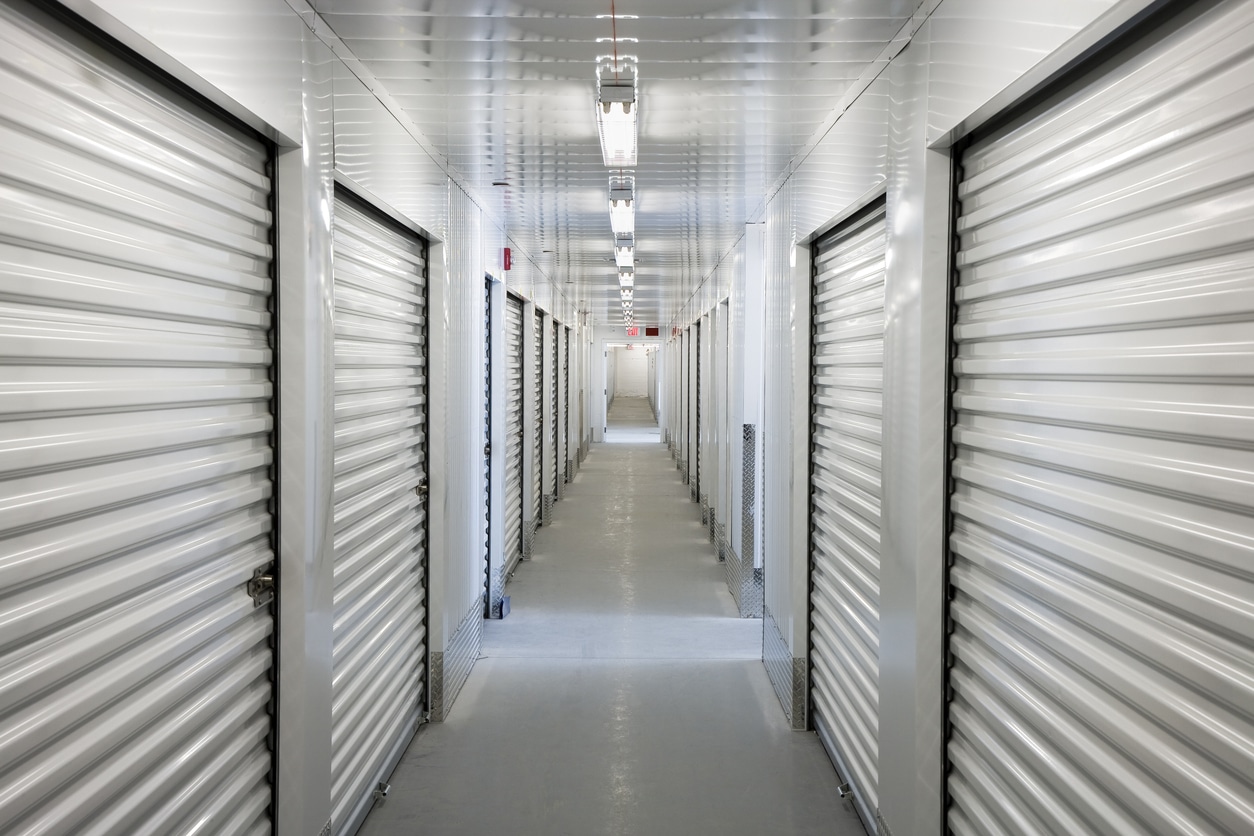
Sign up for smart news, insights, and analysis on the biggest financial stories of the day.
In good times and in bad times, whether it’s moving in together, taking on a new city, or that long-awaited renovation project Americans need a place to store their stuff.
New data shows the pandemic has been no different, and self-storage companies have proven one of the most lucrative investments in America since Covid began circulating.
Storage Scores
In 2018 and 2019, US developers flooded the market with new storage units, adding 5% of space nationally each year according to property research firm Green Street. That created fears they were opening space faster than Americans — 1 in 10 of which uses storage units — were amassing excess stuff.
The pandemic wiped those fears away. Under lockdown, record numbers of people began decluttering at home to make room for offices and work-out spaces, and seven million households moved to a different county in 2020 alone in a shift to suburban living. In both cases, they needed a place to put that dresser that never gets used.
By the third quarter of this year, the country’s four largest storage companies each reported record low vacancies of less than 5% in the third quarter. Extra Space and Public Storage, which together own about 345 million square feet of storage space, were 97% at capacity. The average monthly storage bill rose to $155.65 in November, the highest in five years according to KeyBanc Capital Markets, helping storage companies lock away gold:
- Since February 2020 — or right before the pandemic rocked stock markets — self-storage company shares on the FTSE Nareit All Equity REITs Index have returned over 85%, compared to just 18% return on the broader real-estate investment trust index.
- Extra Space Storage shares have doubled in value and Public Storage stock has returned 73% since the pandemic began, beating out the S&P 500’s 41% return in the same period.
Stow Away the Future: JPMorgan, Raymond James and Truist Securities all recently raised their target prices targets for self-storage stocks, expecting more gains. Here’s hoping it’s thanks to all the forthcoming delayed marriages.











